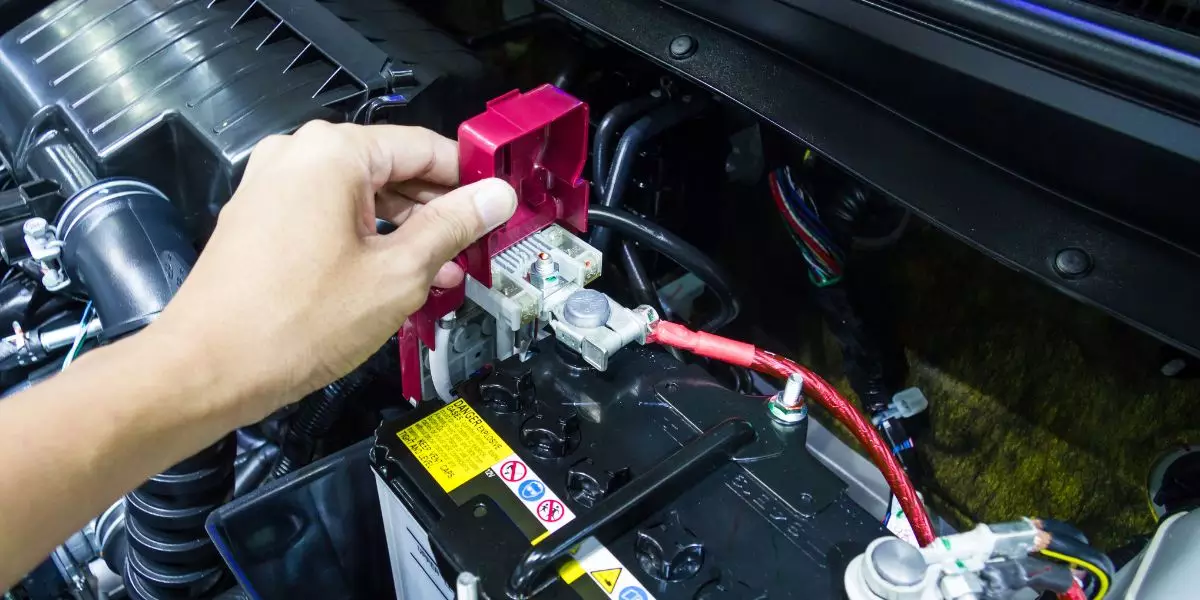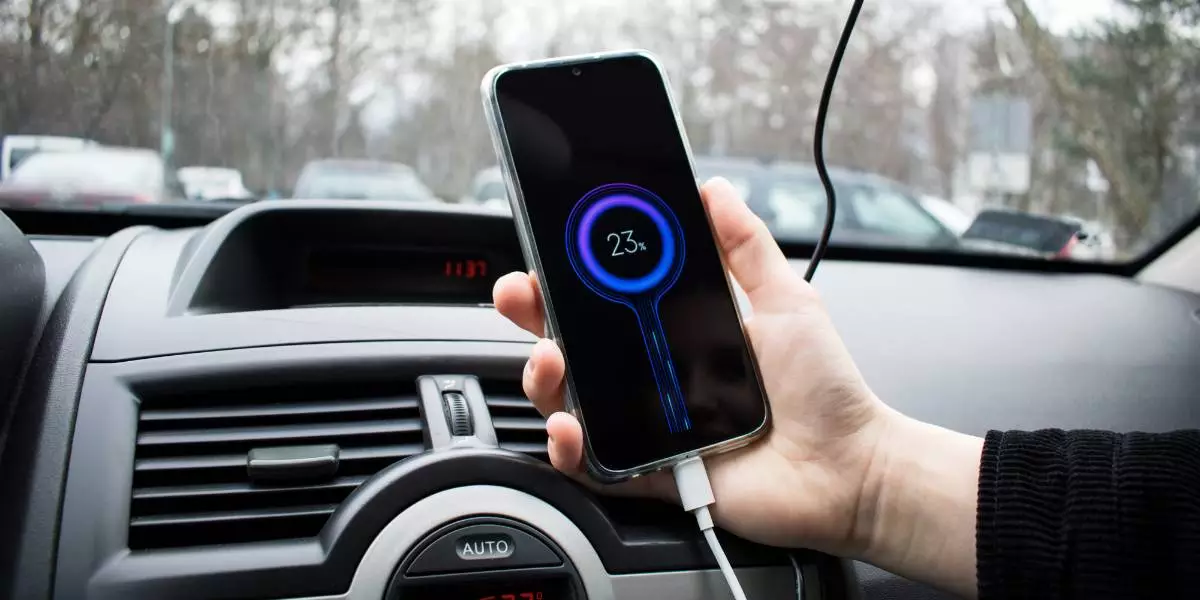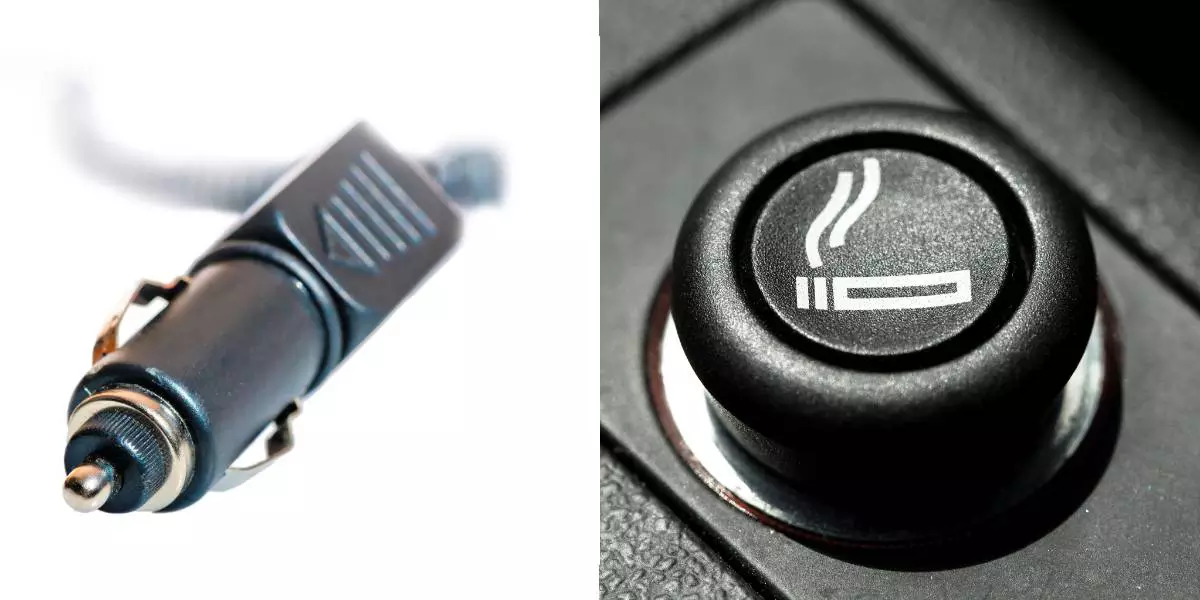Many car owners wonder whether it is safe to disconnect a car battery while the engine is still running. It is important to understand the potential risks and consequences before attempting to disconnect the battery while the car is in operation.
Is it Safe to Disconnect the Battery While the Car is Running?
Disconnecting the battery while the car is running can pose several risks and potential dangers. It is not recommended for various reasons.
Potential Risks of Disconnecting the Battery
One of the potential risks of disconnecting the battery while the engine is running is causing damage to the alternator. The alternator plays a crucial role in charging the battery and providing power to the car’s electrical systems. Disconnecting the battery while the alternator is in operation can lead to voltage fluctuations and spikes which can damage the alternator.
Effect on Alternator
The alternator relies on the battery to maintain stable voltage levels. When the battery is disconnected, the alternator has to work harder to compensate for the sudden loss of load. This can put excessive strain on the alternator and potentially lead to its failure.
Impact on Car’s Electrical System
Disconnecting the battery while the car is running can also have a negative impact on the car’s electrical system. Without the battery connected, it becomes difficult to regulate the voltage, which can cause electrical components to malfunction or even get damaged.
What Happens if I Disconnect the Battery While the Car is Running?
If you disconnect the battery while the car is running, it can result in various issues and potential damage.
Possible Damage to the Alternator
As mentioned earlier, disconnecting the battery while the alternator is charging can cause voltage fluctuations and spikes, which can damage the alternator. The alternator is not designed to function under such conditions and can get overloaded, leading to its failure.
Effect on the Ignition System
Disconnecting the battery while the car is running can also have an effect on the ignition system. The ignition system relies on electrical power to function, and if the battery is disconnected, it can disrupt the spark plug firing sequence, leading to engine misfires or even stalling.
Consequences for the Voltage Regulator
The voltage regulator is responsible for maintaining a stable voltage output from the alternator to the battery and the rest of the car’s electrical system. If the battery is disconnected while the car is running, it can put excessive strain on the voltage regulator, potentially causing it to fail or malfunction.
Should I Disconnect the Battery if a Mechanic is Removing It?
If a mechanic is removing the battery from your car, it is generally advisable to disconnect the battery beforehand.
Advisability of Disconnecting the Battery
Disconnecting the battery before a mechanic removes it is necessary to prevent any accidental shorts or electrical mishaps. It ensures the safety of both the mechanic and your car’s electrical system.
Precautions to Take during Battery Removal
When disconnecting the battery for a mechanic to remove it, it is essential to follow certain precautions. These include turning off the engine, wearing protective gloves, and using insulated tools to disconnect the battery terminals.
Impact on the Car’s Electronics
Disconnecting the battery may cause the car’s electronic systems to reset. This includes the radio presets, clock, and any other settings that rely on battery power to maintain their memory. However, once the battery is reconnected, these settings can usually be restored.
What Happens if I Keep the Car Running Without a Battery?
Although it may be possible to keep the car running without a battery, it is not recommended or ideal.
Availability of Voltage
The battery plays a crucial role in providing voltage stability. Without the battery, the voltage in the electrical system may fluctuate, which can lead to malfunctions or damage to various electrical components.
Charging the Battery without a Disconnect
Keeping the car running without a battery can also make it challenging to charge the battery. The alternator is responsible for charging the battery, and without it connected, the battery cannot properly charge or maintain its charge.
Potential Issues with Spikes and Transients
Additionally, spikes and transients can occur when the battery is disconnected from a running car. These electrical disturbances can cause damage to sensitive electronics and other components in the car.
Can I Disconnect a Car Battery to Check the Alternator?
In certain situations, it is possible to disconnect the car battery to test the alternator.
Disconnecting the Battery to Test the Alternator
If you suspect a problem with the alternator, you can disconnect the car battery and rely solely on the alternator to power the car. This can help determine if the alternator is providing sufficient power to the car’s electrical system.
Impact on the ECU and Electronics
However, it is important to note that disconnecting the battery can have an impact on the car’s electronics and the Engine Control Unit (ECU). Resetting the ECU can cause certain parameters to reset, affecting the overall performance and drivability of the car.
Effect on Semiconductors in the Car
Disconnecting the battery can also cause voltages to fluctuate, potentially affecting the sensitive semiconductor circuits in the car. This can lead to malfunctions in various electronic components.
Conslusion
It is not safe or recommended to disconnect a car battery while the engine is running. Doing so can cause damage to the alternator, the ignition system, the voltage regulator, and other electrical components. However, there are certain situations, such as testing the alternator, where disconnecting the battery may be necessary.
In such cases, it is important to be cautious and aware of the potential impact on the car’s electronics and overall performance. If a mechanic is removing the battery, it is advisable to disconnect it before the removal process to ensure safety and prevent any electrical mishaps.



